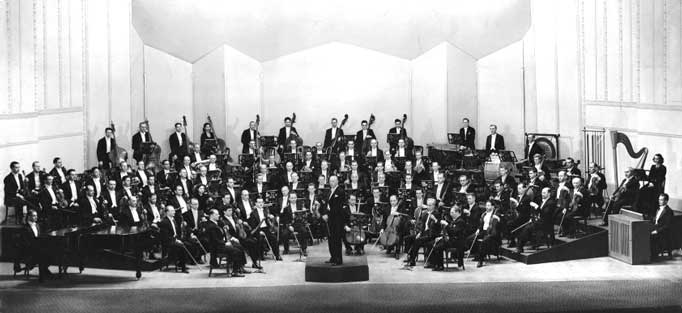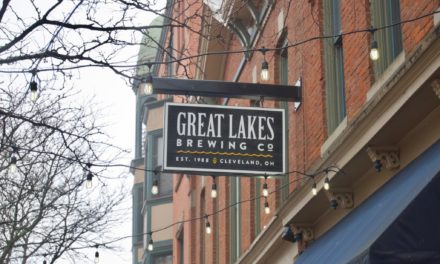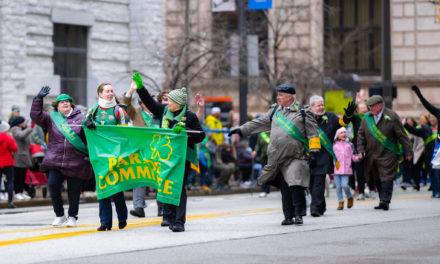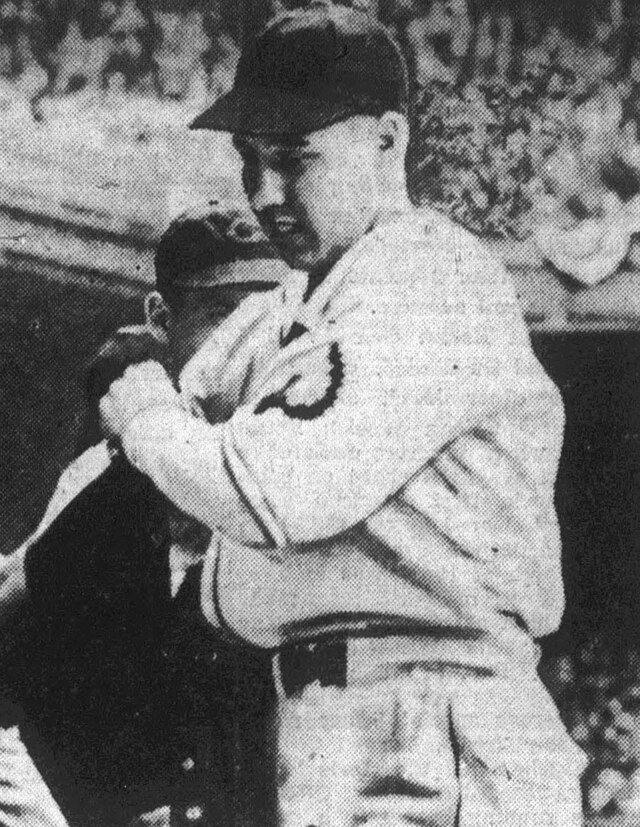The second week of April has been a significant time in the history of the United States and Northeast Ohio. From historic battles to memorable breakthroughs, this week has seen its fair share of moments that have shaped the nation. In this article, we’ll take a trip down memory lane and explore some of the most important events that took place during this week in U.S. and Cleveland, OH history.
- The Great Cleveland Fire of 1907 (April 8, 1907)
One of the most catastrophic events in Cleveland’s history was the Great Cleveland Fire of 1907. On April 8, a massive fire broke out in the downtown area, devastating several blocks and causing millions of dollars in damages. The fire began at the George Worthington Company, a hardware store, and quickly spread to adjacent buildings. The blaze raged for more than a day, with firefighters struggling to contain the inferno. Although there were no fatalities, the fire prompted significant improvements in fire safety regulations and the modernization of the city’s firefighting equipment.
- The Cleveland Guardians’ Home Opener (April 9, 2021)
April has long been associated with baseball’s return, and in 2021, Cleveland’s baseball team made history during the second week of April. On April 9, the team played its first home game as the Cleveland Guardians, following the decision to change its name from the Cleveland Indians. This move, aimed at promoting a more inclusive environment, was celebrated by fans and the city alike. The Guardians faced the Kansas City Royals in their home opener at Progressive Field, marking a new chapter for the storied franchise.
- The Cleveland Orchestra’s First Performance (April 11, 1918)
On April 11, 1918, the Cleveland Orchestra held its first performance at the city’s Grays Armory. Founded by Adella Prentiss Hughes, the orchestra has since become one of the most renowned ensembles in the United States, earning international acclaim for its performances and recordings. The Cleveland Orchestra’s inaugural concert featured works by Beethoven, Weber, and Tchaikovsky, conducted by Nikolai Sokoloff. This event marked the beginning of a cultural institution that has enriched the city’s arts scene for over a century.
- The Launch of Apollo 13 (April 11, 1970)
Apollo 13, the seventh manned mission in the Apollo space program, launched on April 11, 1970, with the objective of landing on the Moon. However, an explosion in one of the oxygen tanks crippled the spacecraft, forcing the crew to abort the lunar landing and focus on returning safely to Earth. The mission became a harrowing example of human ingenuity and teamwork, as NASA and the astronauts worked together to overcome numerous obstacles and ensure a safe return.
- The American Civil War Begins (April 12, 1861)
The American Civil War, a defining moment in American history, began on April 12, 1861, when Confederate forces opened fire on Fort Sumter in Charleston, South Carolina. The battle lasted for 34 hours, and the Union forces eventually surrendered the fort. The Civil War would rage on for four years, leading to the deaths of over 600,000 soldiers and civilians, and ultimately resulting in the abolition of slavery in the United States.
- The Assassination of President Abraham Lincoln (April 14, 1865)
Less than a week after Confederate General Robert E. Lee’s surrender at Appomattox Court House, President Abraham Lincoln was assassinated by Confederate sympathizer John Wilkes Booth on April 14, 1865, at Ford’s Theatre in Washington, D.C. Lincoln’s untimely death marked the first assassination of a U.S. president and plunged the nation into mourning. His vision of a unified and equal America continues to inspire generations.
- The Sinking of the Titanic (April 15, 1912)
One of the most infamous maritime disasters in history, the RMS Titanic, sank on April 15, 1912, after striking an iceberg during its maiden voyage from Southampton, England, to New York City. Of the 2,224 passengers and crew members aboard, more than 1,500 lost their lives in the tragedy. The disaster led to significant changes in maritime safety regulations and inspired numerous films, books, and other creative works.
- The First Modern Olympic Games (April 6-15, 1896)
Although not exclusive to U.S. history, it’s worth noting that the first modern Olympic Games were held in Athens, Greece, from April 6-15, 1896. The United States sent 14 athletes to compete in these historic games, ultimately winning 11 gold, 7 silver, and 2 bronze medals. This international event marked the revival of the ancient Olympic tradition and ignited a spirit of unity, sportsmanship, and global competition that continues today.






